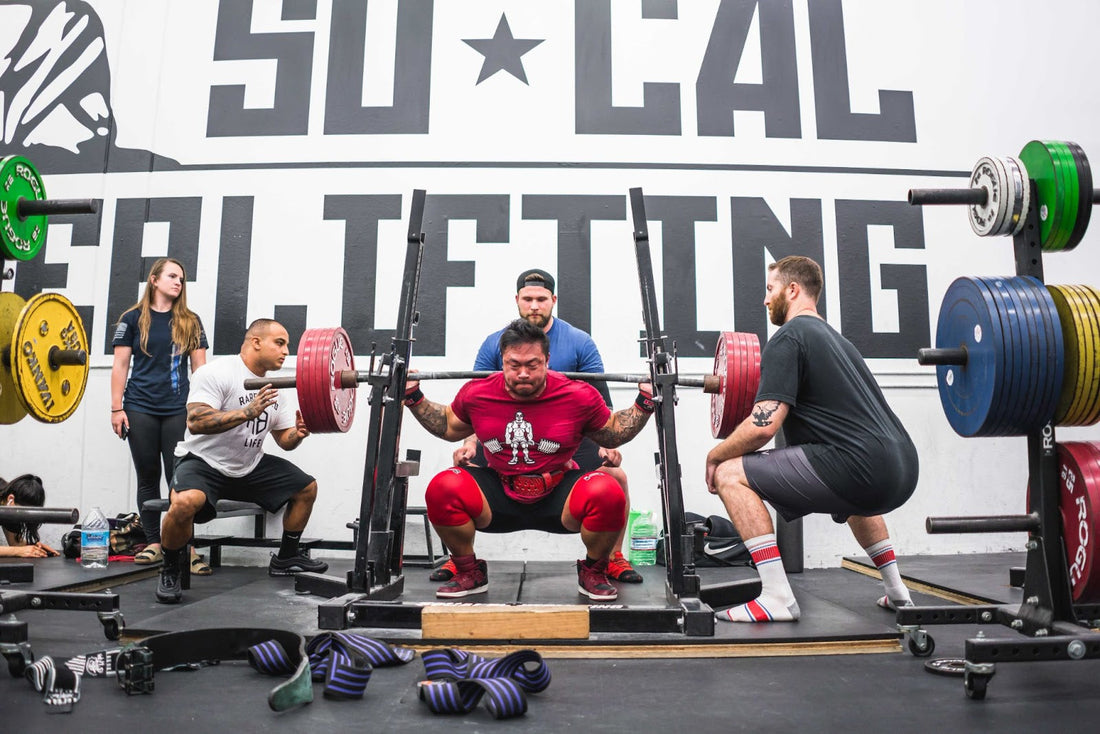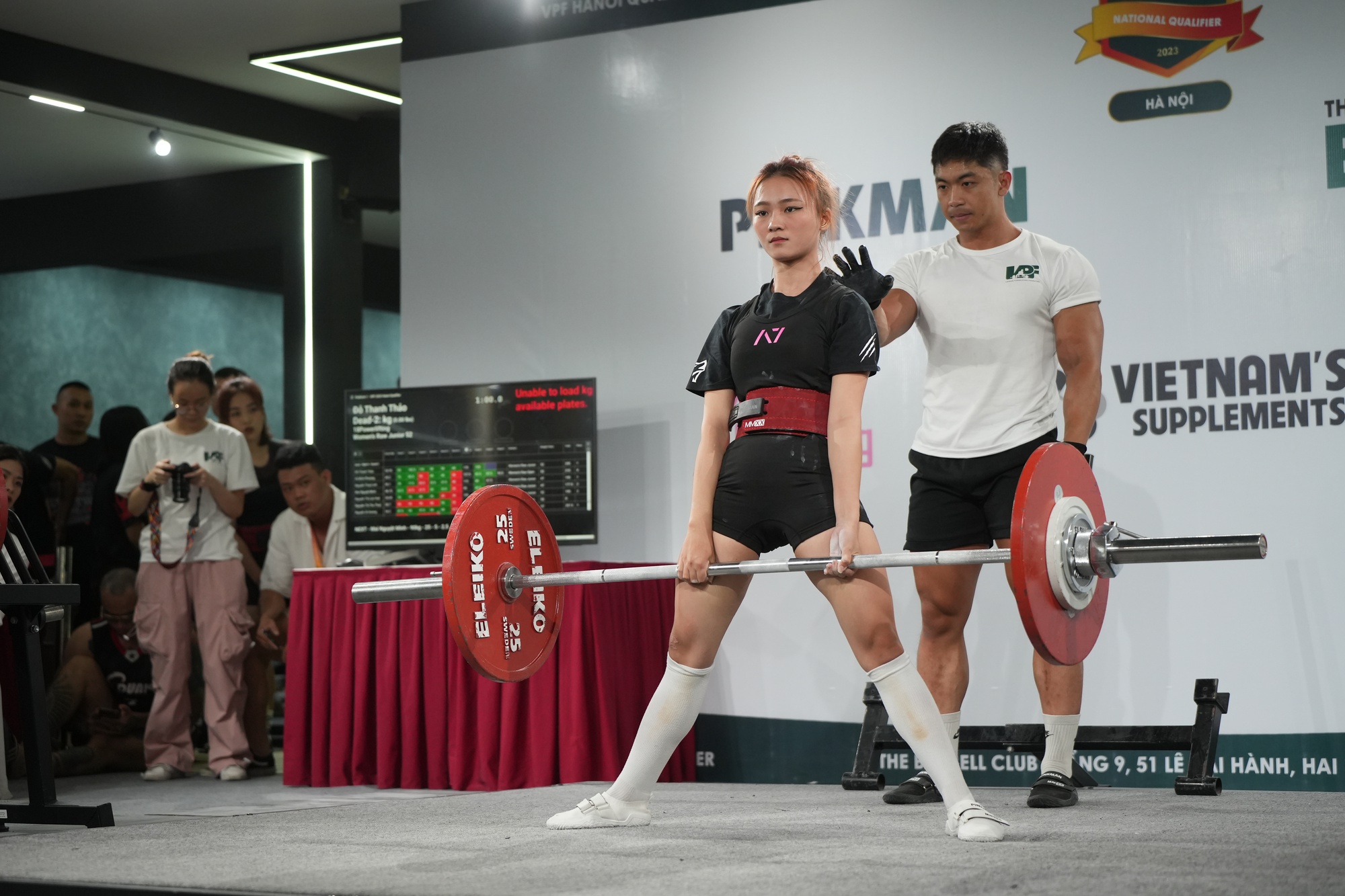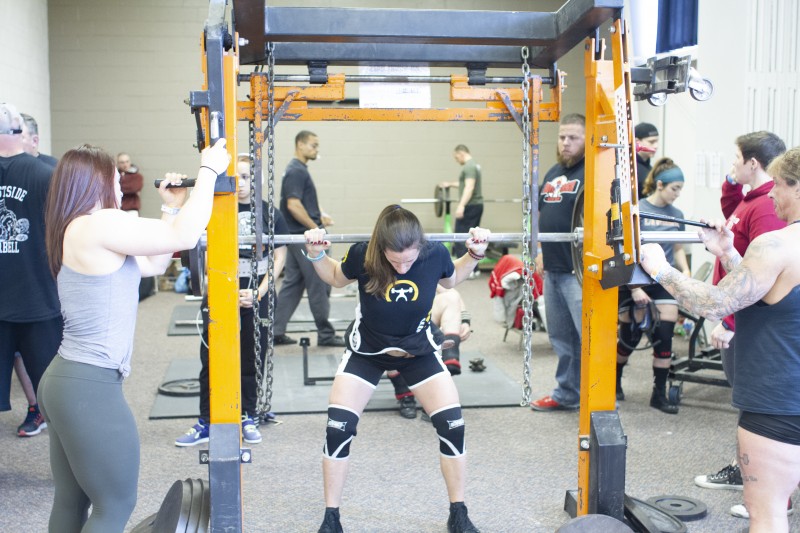
The Meet Day Handler's Guide: How to Support Your Lifter on the Platform
On meet day, a powerlifter's only job should be to lift the weight. Everything else—from loading warm-ups to choosing the next attempt—can be a distraction that drains precious mental and physical energy. This is where a great meet day handler comes in. A handler is a coach, a strategist, a supporter, and a personal pit crew all rolled into one. Being a good handler is a skill, and this guide will show you how to be the best support system your lifter can have.

The Prime Directive: Reduce the Lifter's Stress
Your entire job can be summarized in one sentence: handle everything so the lifter doesn't have to. The competition environment is chaotic. Your role is to create a calm, focused bubble around your athlete.
Key Responsibilities of a Handler
1. Before the Meet
-
Know the Plan: Discuss the lifter's goals and their planned attempts (opener, projected second, and third) well before meet day. Understand their attempt selection strategy.
-
Know the Rules: Be familiar with the federation's rules. What are the commands? What gear is allowed? Knowing this prevents costly mistakes.
-
Pack the Bag: Help the lifter pack their bag the day before to ensure nothing is forgotten: singlet, belt, sleeves, wraps, shoes, chalk, food, water, etc.
2. The Warm-up Room: Controlled Chaos
The warm-up room is your domain.
-
Find a Space: Arrive early and secure a rack and space to warm up.
-
Manage the Clock: This is your most critical job. You need to know when your lifter's flight starts and how many lifters are ahead of them. A good rule of thumb is to have your lifter take their last warm-up attempt about 10-15 minutes before they are scheduled to lift.
-
Load the Bar: Your lifter shouldn't have to touch a plate. You are responsible for loading and unloading the bar for every warm-up set. Have their warm-up plan written down and follow it precisely.
-
Get Lift-offs: For the bench press, you will provide the "lift-off" for your lifter during warm-ups, just as they will receive on the platform.
-
Keep Them Focused: Keep unnecessary distractions away from your lifter. Let them listen to their music, get in their zone, and prepare mentally.

3. On the Platform: The Strategist
-
Attempt Selection: This is a collaborative decision, but you provide the objective eye. The lifter is full of adrenaline and may not be thinking clearly. You need to make the smart call based on how the previous lift looked.
-
Watch the Lift, Not the Weight: How fast did the bar move? Was there a sticking point? Did it look like an RPE 7, 8, or 9.5? Your objective feedback is invaluable. Legendary coach Chad Wesley Smith of Juggernaut Training Systems emphasizes this objective feedback as a cornerstone of good coaching.
-
Submit the Attempts: After each lift, you are the one who goes to the scorer's table to submit the weight for the next attempt. You need to do this quickly before the deadline.
-
-
Handling Gear: If your lifter uses knee wraps or needs help with their belt, you are the one to assist them. This needs to be practiced.
-
Provide Cues: You know your lifter's key technical cues. A simple reminder like "Chest up!" or "Push the floor!" right before they lift can make all the difference.
4. The Support System
-
Be the Calm in the Storm: Your attitude is infectious. If you are calm, confident, and organized, your lifter will feel it. If you are frantic and stressed, they will absorb that energy.
-
Manage Nutrition and Hydration: Make sure your lifter is drinking water and eating their planned snacks between attempts to keep their energy levels up.
-
Positive Reinforcement: Celebrate their successes. If they miss a lift, help them refocus immediately. Your belief in them is a powerful tool.
What Not to Do as a Handler
-
Don't Be a Cheerleader: Your job is not to scream senselessly. It's to provide calm, strategic support.
-
Don't Disappear: Stay with your lifter. Don't wander off to talk to friends or watch other lifters when your athlete needs you.
-
Don't Argue with Judges: It's unprofessional and won't change the outcome.
-
Don't Make It About You: The day is about the lifter, not your coaching or handling skills.
Being a meet day handler is a serious responsibility and a sign of great trust between a lifter and their support system. By mastering the logistics of the warm-up room, providing objective strategic input, and creating a calm, supportive environment, you can have a profound impact on your lifter's success. It is one of the most rewarding ways to participate in the sport without ever stepping on the platform yourself.
Have you ever handled a lifter at a meet? Share your best tips in the comments!








